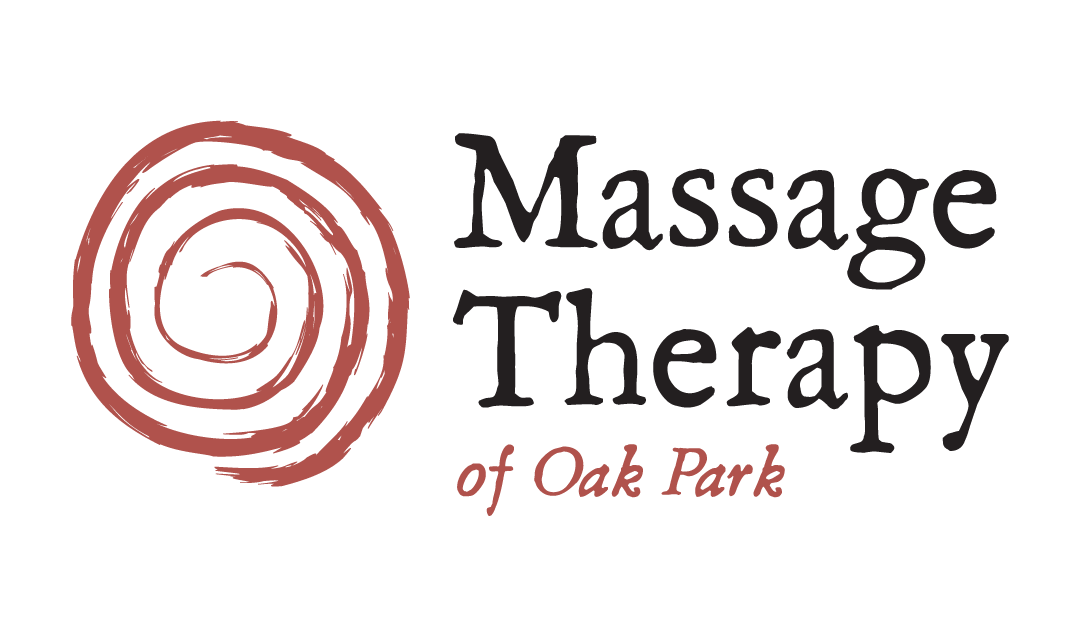Visceral Manipulation
“The purpose of visceral manipulation is to recreate, harmonize and increase proprioceptive communication in the body to enhance its internal mechanism for better health.”
— Jean-Pierre Barral, D.O., MRO(F)
Visceral Manipulation is a gentle, hands-on therapy involving the use of specifically placed manual forces that encourage normal mobility, tone and inherent tissue motion of the viscera, its connective tissue and other areas of the body where physiologic motion is impaired.
Our body can be likened to a garden hose. If there are any blockages, kinks or restrictions in the hose, water will not flow efficiently. The same can be said for our bodies and the nervous system. If there are connective tissue/fascial restrictions in the body due to accidents, injuries or surgeries, scar tissue can build up and impede the inherent balance within the body. These blockages can affect the range of motion of visceral and musculoskeletal structures, as well as the flow of blood and lymph, and the transmission of impulses through the nerves. Releasing these restrictions can decrease pain, as well as restore mobility and overall health and wellbeing.
Benefits of Visceral Manipulation
Comparative studies have found visceral manipulation beneficial for the following:
Acute Disorders:
Whiplash
Seatbelt injuries
Chest or abdominal injuries related to sports
Digestive Disorders:
Bloating and constipation
Nausea and acid reflux
Swallowing dysfunctions
Women’s and Men’s Health Issues:
Chronic pelvic pain
Endometriosis
Fibroids and cysts
Dysmenorrhea
Bladder incontinence
Prostate dysfunction
Referred testicular pain
Effects of menopause
Musculoskeletal Disorders:
Somatic-visceral interactions
Chronic spinal dysfunction
Headaches and migraines
Carpal tunnel syndrome
Back, hip and knee pain
Sciatica
Pain Related To:
Post-operative scar tissue
Post-infection scar tissue
Autonomic mechanisms
Pediatric Issues:
Constipation and gastritis
Persistent vomiting
Vesicoureteral reflux
Infant colic
Emotional Issues:
Anxiety and depression
Post-traumatic stress disorder (PTSD)
